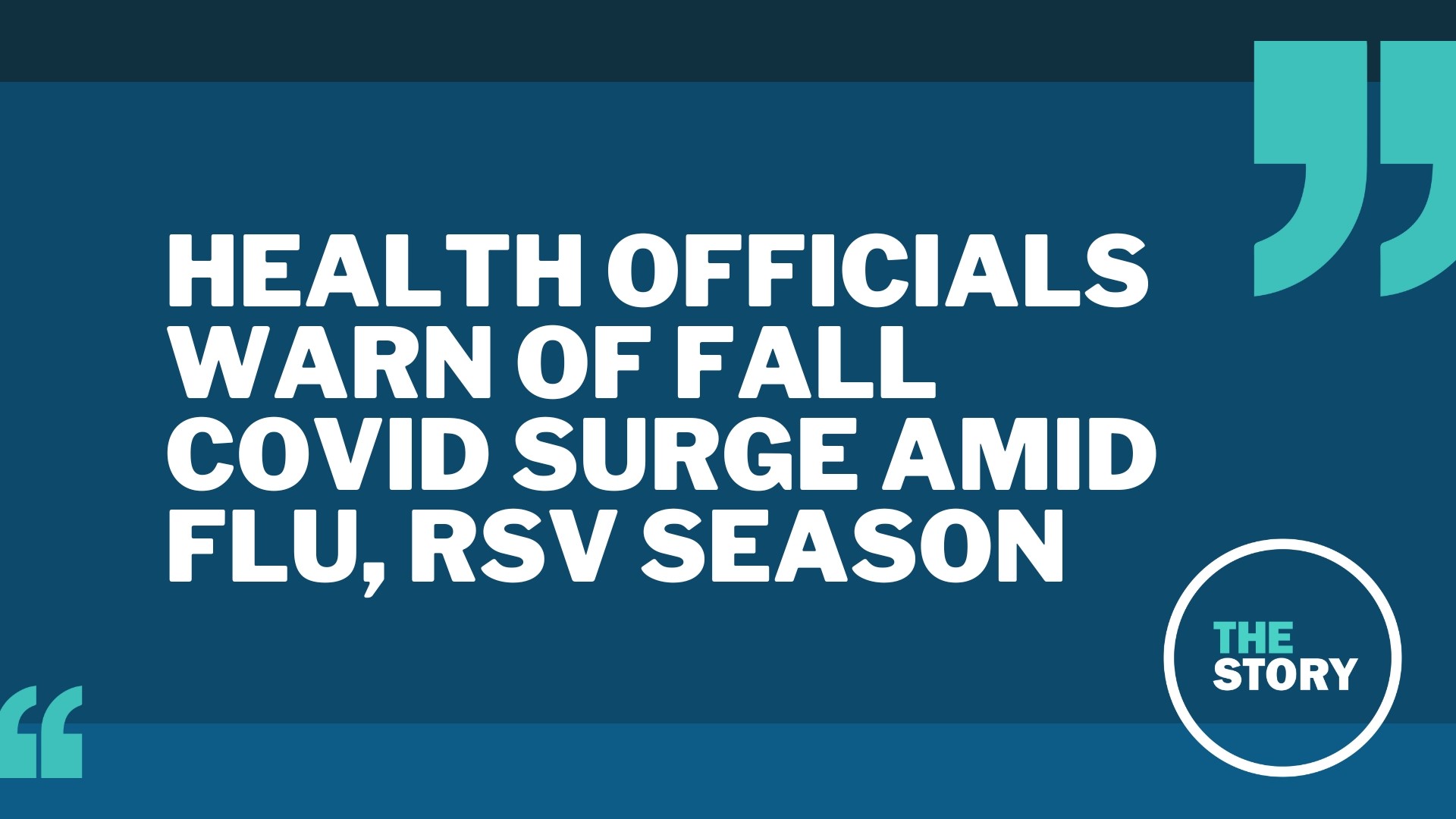SALEM, Ore. — The Oregon Health Authority reported 1,350 new and presumptive COVID-19 cases on Thursday, continuing an upward swing in case numbers over the past several days that likely signals the onset of the predicted new wave of cases caused by the omicron variant.
It’s too soon to say for sure, according to Dr. Paul Cieslak, medical director for communicable diseases and immunizations in OHA's Public Health Division, because Oregon currently only has 13 confirmed omicron cases in the state, with another nine likely cases in testing.
“That’s hardly a wave, but given how rapidly omicron spread in other areas where it kind of ballooned shortly after it was first discovered and given that… our daily average number of cases have been picking up for several days now, I do suspect that we may well be seeing omicron coming on strong now,” he said.
Omicron has displaced the delta variant as the dominant strain of the virus nationally, according to the Center for Disease Control and Prevention’s data tracker, and The New York Times reported on Thursday that the variant has already pushed cases past the peak of the delta wave.
Oregon’s weekday case numbers declined steadily through the fall, dropping below 1,000 new cases per day on a few days in late November for the first time since the summer. The weekday numbers ranged from 834 to 945 from Dec. 7 to Dec. 16, but they began rising again last week. OHA reported 5,589 new cases in the week ending Sunday, Dec. 19 — a 10% increase from the week before.
The new cases announced Thursday bring the state’s total to 410,565, according to a news release from OHA. The agency also reported eight new COVID-19 deaths, bringing the state’s total to 5,598.
Vaccine breakthrough infections accounted for 29.4% of cases last week, OHA reported, while the remaining 70.3% were unvaccinated. The average age of the breakthrough cases was 40. There have been 50,882 known breakthrough cases in Oregon so far, with an average age of 47.
There were 339 hospitalized patients with COVID-19 across Oregon as of Thursday, OHA reported, including 98 patients in intensive care unit beds. Statewide adult ICU bed availability was 10% and non-ICU bed availability was 7%.
Vaccine booster target
Gov. Kate Brown and state health officials shared projections from Oregon Health and Science University last week that showed the state was only a few weeks away from getting hit with a major omicron wave, and Brown set a goal of getting 1 million more Oregonians a booster vaccine dose by the end of January.
As of Thursday, the state has 881,603 people to go to reach that target, according to a news release from OHA. The incoming round of severe winter weather is likely to add to the challenge.
“We're trying to pull out all the stops, distribute vaccine to as many pharmacies and clinics as possible,” Cieslak said. “There are currently six mass vaccination clinics operating in Oregon. We're trying to stand up more. So we're trying to work all avenues, but yes, I'm sure the winter weather is not going to help.”
The six initial sites are in Redmond, Central Point, Springfield, Salem, Beaverton and Wood Village. OHA announced four new high-volume sites in Florence, Roseburg, North Bend and Grand Ronde late Thursday afternoon. All of the sites offer first, second, booster and pediatric doses at no cost, and none of them require appointments.
Large indoor gatherings are going to be another big concern in the next week, Cieslak said, because they have the potential to spread omicron very rapidly.
“Our recommendations are, first of all, get boosted. We know that the booster has a lot of protection to it. That's our number one recommendation,” he said. “Number two recommendation is avoid large indoor gatherings. Number three, wear a mask, increase the ventilation inside, open some windows, that kind of thing.”



